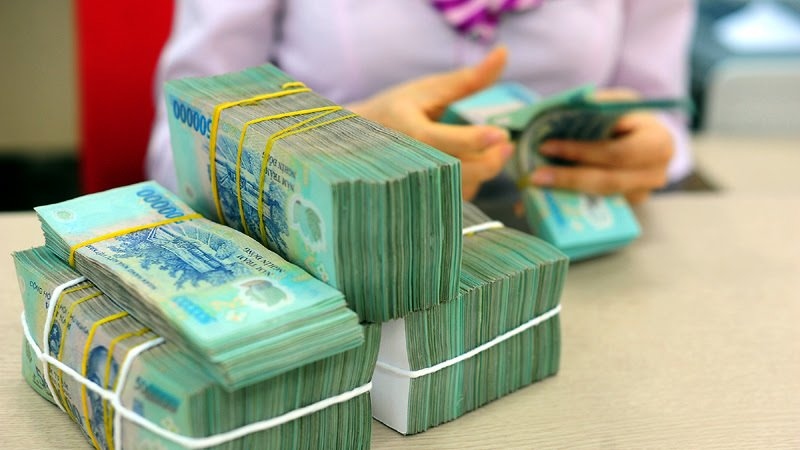Why do local interest rates remain unchanged amid inflation?
VOV.VN - The State Bank of Vietnam will continue to keep interest rates unchanged in order to sustain macro-economic stability and control inflation, in contrast with the ongoing trend adopted by central banks of many countries worldwide, according to economic experts.

Dr. Vo Tri Thanh, director of the Institute of Branding and Competition Strategy, agrees that monetary policy plays a vital role in stabillising the macro economy, although this tool does not perfectly solve the problem of inflation in the current context.
The Vietnamese economy has special features which are quite different from world economy as seen over the past three years, according to the expert.
“Vietnam emerged as a star by maintaining a positive growth rate in the first six months of 2021. However, there were differences in the last six months of 2021. When the world economy was back on track to recover from the COVID-19 pandemic impact, our economy was not. Likewise, when the global economy slowed down in the first six months of 2022, our economy recovered very quickly. These differences show we cannot to operate interest rates as other countries have done,” analyses Dr. Thanh.
Furthermore, the monetary policy remains very sensitive, especially when the economic recovery programme being implemented requires the central bank to weigh up the pros and cons of every adjustment. In addition, it is necessary to hike interest rates now as the balance of international payments is relatively stable, and the current level of depreciation of the VND is not too great.
Dr. Can Van Luc, a leading economic expert, says that the current level of Vietnamese inflation does not stem from monetary problems as the money supply is at a moderate level, meaning that it is not necessary to raise interest rates at present.
“If the State Bank currently raises the rates, the decision is unlikely to have a good effect on the economy. Along with that, the economic recovery programme which is being deployed requires the interest rates to be kept stable, and if we raise the rates, it will go against this programme,” emphasised Dr. Luc.
Sharing this view, Dr. Le Xuan Nghia, a member of the National Monetary and Financial Policy Advisory Council, states that local inflation is cost-push inflation which renders the interest rate policy ineffective.
“Therefore, it is not necessary to increase interest rates in Vietnam, but if the rates are adjusted, the stock market will be in danger,” outlines Dr. Nghia.
According to Pham Thanh Ha, deputy governor of the State Bank, the global financial market is anticipated to further fluctuate, with the trend of increasing interest rates around the world set to continue moving forward. Amid these challenges, the central bank will continue to maintain low interest rates, thereby making it easier for credit institutions to access low-cost capital and offer low interest rates to businesses.

